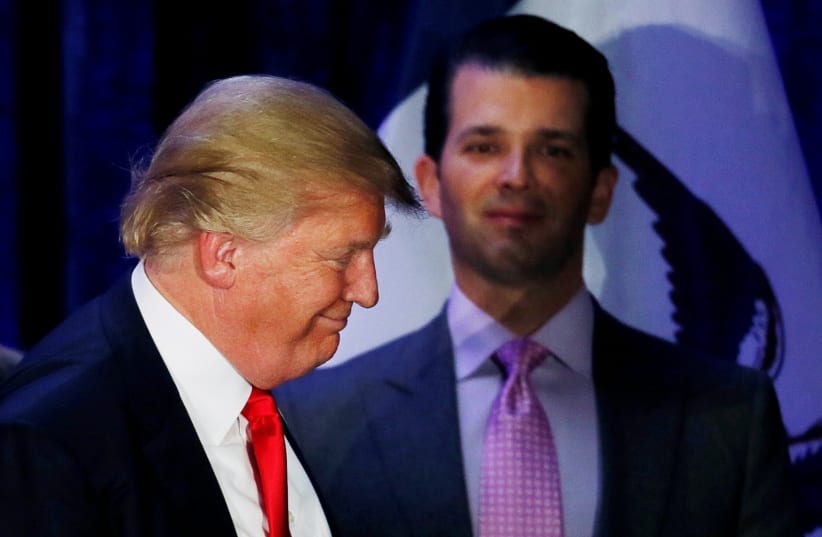Analysis: Will Trump’s domestic chaos fuel global instability?
The endless turnover at the White House and the constant tweeting by the US president has led to feelings that chaos in Washington is damaging the ability of the US to conduct foreign policy.
